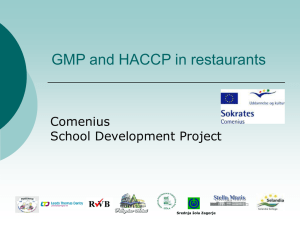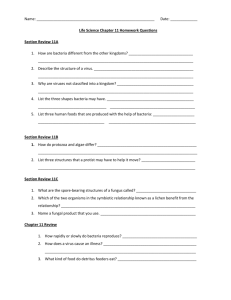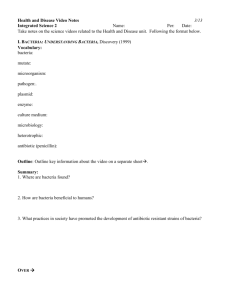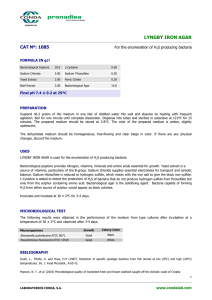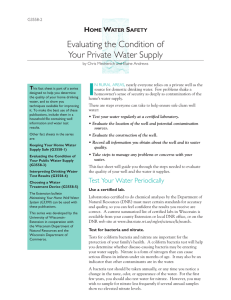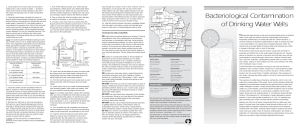June 2010 by Paul J. Pugliese
advertisement
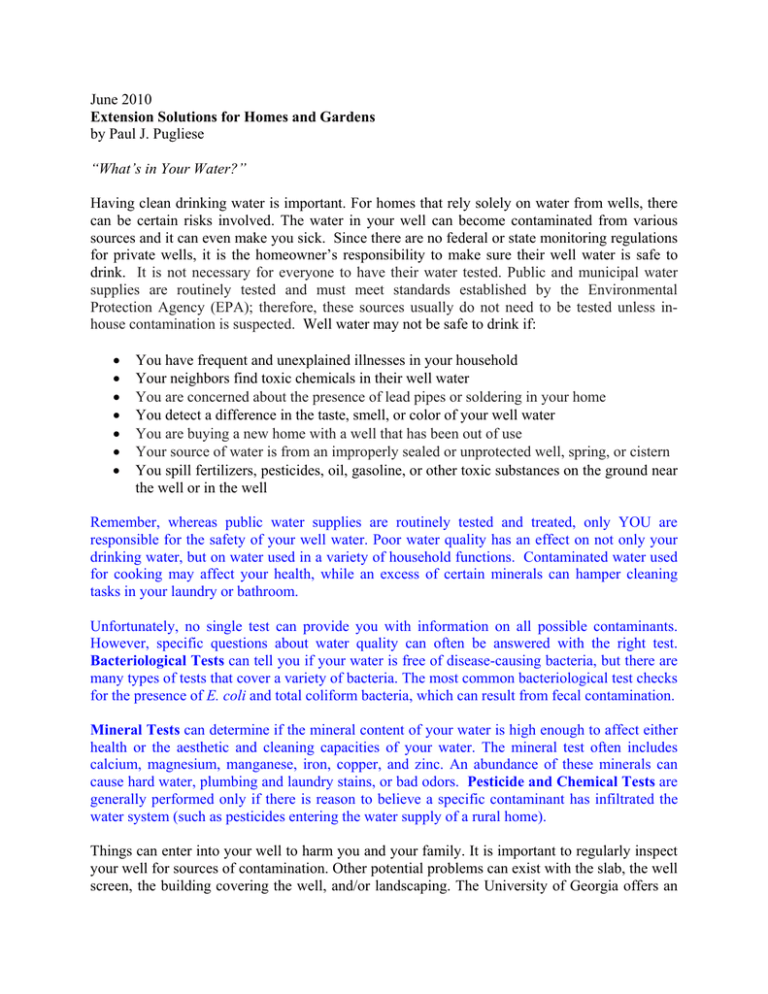
June 2010 Extension Solutions for Homes and Gardens by Paul J. Pugliese “What’s in Your Water?” Having clean drinking water is important. For homes that rely solely on water from wells, there can be certain risks involved. The water in your well can become contaminated from various sources and it can even make you sick. Since there are no federal or state monitoring regulations for private wells, it is the homeowner’s responsibility to make sure their well water is safe to drink. It is not necessary for everyone to have their water tested. Public and municipal water supplies are routinely tested and must meet standards established by the Environmental Protection Agency (EPA); therefore, these sources usually do not need to be tested unless inhouse contamination is suspected. Well water may not be safe to drink if: • • • • • • • You have frequent and unexplained illnesses in your household Your neighbors find toxic chemicals in their well water You are concerned about the presence of lead pipes or soldering in your home You detect a difference in the taste, smell, or color of your well water You are buying a new home with a well that has been out of use Your source of water is from an improperly sealed or unprotected well, spring, or cistern You spill fertilizers, pesticides, oil, gasoline, or other toxic substances on the ground near the well or in the well Remember, whereas public water supplies are routinely tested and treated, only YOU are responsible for the safety of your well water. Poor water quality has an effect on not only your drinking water, but on water used in a variety of household functions. Contaminated water used for cooking may affect your health, while an excess of certain minerals can hamper cleaning tasks in your laundry or bathroom. Unfortunately, no single test can provide you with information on all possible contaminants. However, specific questions about water quality can often be answered with the right test. Bacteriological Tests can tell you if your water is free of disease-causing bacteria, but there are many types of tests that cover a variety of bacteria. The most common bacteriological test checks for the presence of E. coli and total coliform bacteria, which can result from fecal contamination. Mineral Tests can determine if the mineral content of your water is high enough to affect either health or the aesthetic and cleaning capacities of your water. The mineral test often includes calcium, magnesium, manganese, iron, copper, and zinc. An abundance of these minerals can cause hard water, plumbing and laundry stains, or bad odors. Pesticide and Chemical Tests are generally performed only if there is reason to believe a specific contaminant has infiltrated the water system (such as pesticides entering the water supply of a rural home). Things can enter into your well to harm you and your family. It is important to regularly inspect your well for sources of contamination. Other potential problems can exist with the slab, the well screen, the building covering the well, and/or landscaping. The University of Georgia offers an opportunity for well owners to assess the risk associated with their wells through the HOME*A*SYST program. These self-assessments will allow you to determine the risks associated with your well. For more information, contact your county Extension agent or visit www.fcs.uga.edu/housing and click on “protect your water quality.” If you suspect there may be a problem with your well water, follow these steps to follow to protect your health: • Contact a licensed well driller to inspect your well. • Have your well tested for bacteria regularly (at least once a year), especially after well water disinfections. Contact your County Cooperative Extension office at 1-800-ASKUGA1 about testing your well water for bacteria. • Contact your County Cooperative Extension office about well water tests available to troubleshoot any other water quality issues you may be experiencing. • Contact your County Health Department, Environmental Health Section, about taking proper care of your septic system. Septic system problems can also affect your well water quality. Paul Pugliese is the Agriculture & Natural Resources Extension Agent for Cherokee County Cooperative Extension, a partnership of The University of Georgia, The U.S. Department of Agriculture, and Cherokee County. (770) 479-0418. For more information and free publications, visit our local website at www.ugaextension.com/cherokee ###
